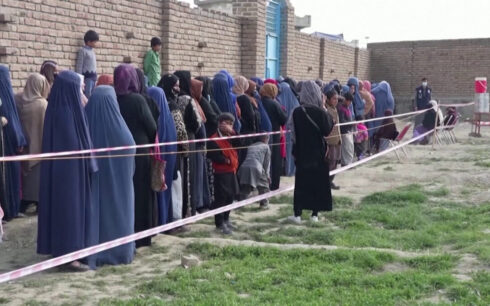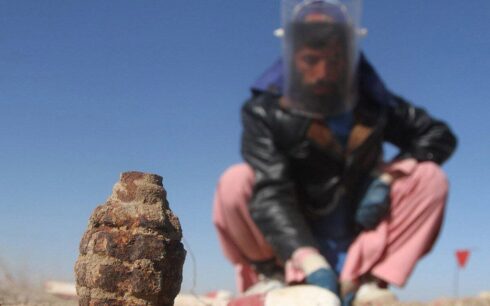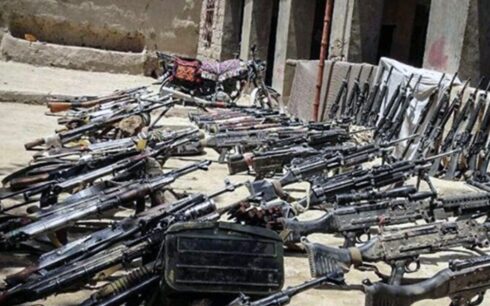The fifth and final round of the university entrance exams took place in Kabul on Friday, marking the completion of the examination process. However, throughout the various phases of the national exam, female students were notably absent, sparking concerns among women and girls regarding their “uncertain future.”
During this last round of the exam, approximately 6,000 male students participated. These individuals either had not taken part in the previous rounds or were reattempting the exam this year.
In both Kabul and other provinces, numerous students reiterated their call for the reopening of schools and universities for women and girls. They expressed that the exclusion of female students from the university entrance exam amounted to a violation of their fundamental rights.
“From the initial to the fifth round, male students were present during the exams. Now, we advocate for the sixth to tenth rounds to be held for female students,” stated Mahbubah, a recent high school graduate from Kabul. “We have invested significant effort in preparing for this exam, and we are determined not to see our hard work go to waste.”
Massouda Akbari, another high school graduate from Kabul, emphasized the urgency of conducting these exams for female students: “We implore for the prompt scheduling of these exams.”
Several students disclosed that they had diligently prepared for the university entrance exam, unaware that they would be barred from participating. This exam is a critical pathway to higher education opportunities.
“I dedicated two years to my preparations, only to be hindered from attending the exams due to restrictions,” shared Hasina, a resident of Herat.
Husnia, a female student from the eastern part of the country, voiced her concerns, stating, “Our inability to take part in these exams has left us deeply anxious about our future.”

Last December, the Taliban issued directives preventing women from pursuing higher education at universities. Subsequently, they extended this ban to include women’s involvement in the annual university entrance exams nationwide.
“Afghan women are being deprived of education and employment, and their voices are not resonating on the global stage,” remarked Diwa Patang, a civil society activist.
This development coincides with a recent statement from Human Rights Watch (HRW), issued on Thursday, asserting that the Taliban has intensified its stringent restrictions on the rights of women, girls, and media since assuming control of the country two years ago.
Over this two-year period, the Taliban has systematically curtailed women and girls’ access to education, employment, freedom of movement, and assembly. HRW noted that the Taliban has also significantly increased censorship of the media, restricted access to information, and escalated the detention of journalists and other critical voices.





